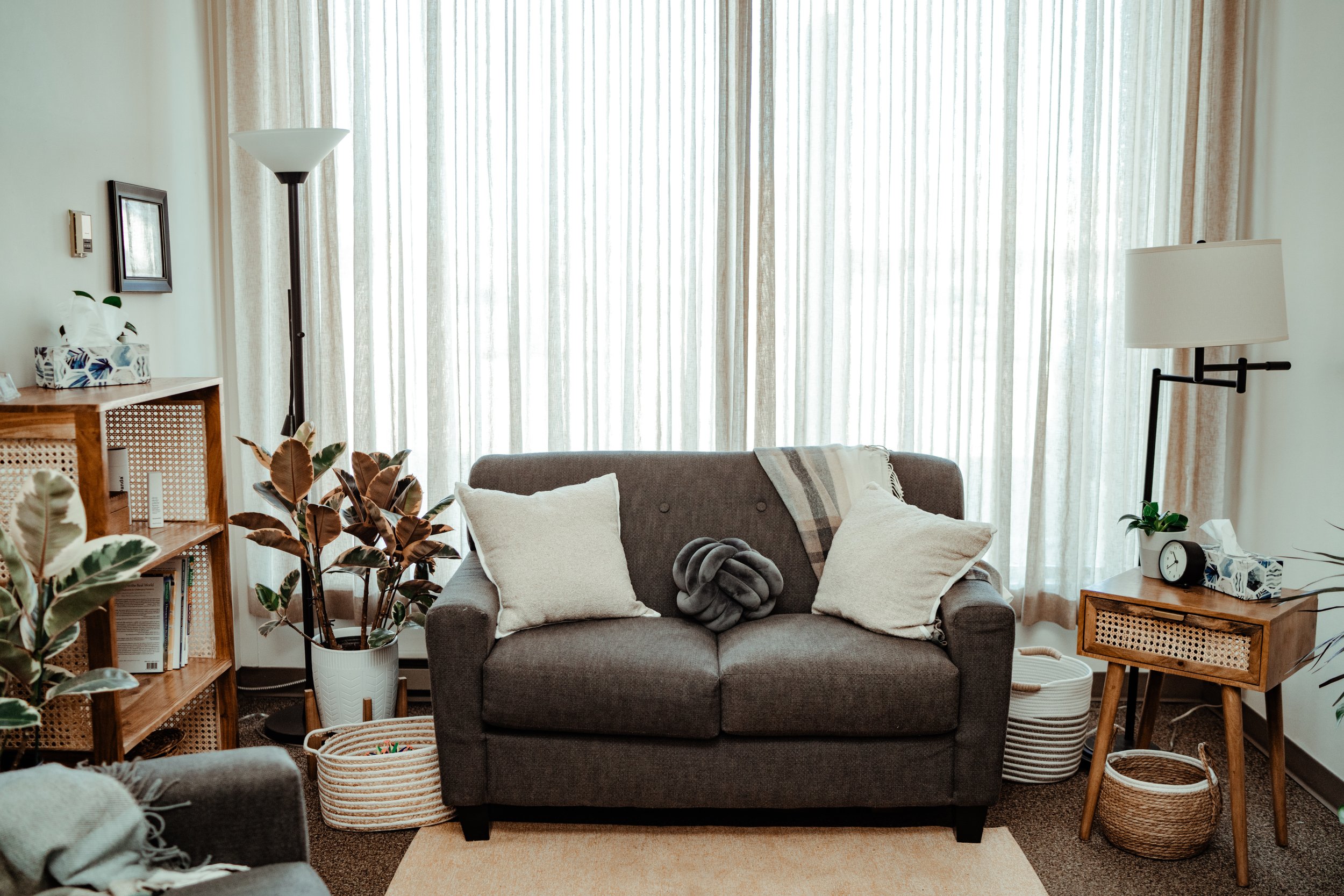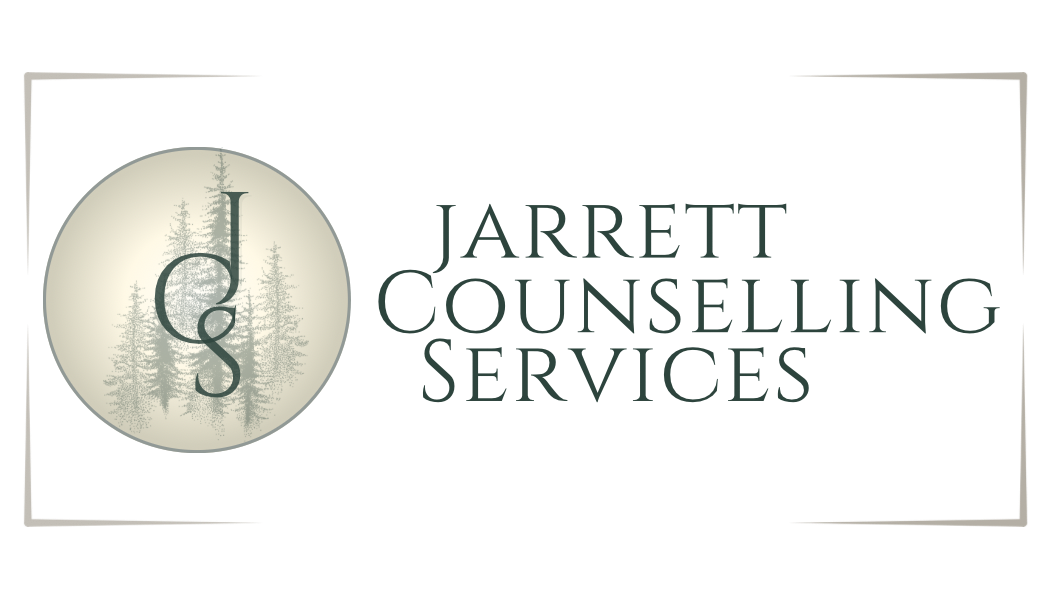
Fees and Frequently Asked Questions
How much does a session cost?
Counselling services cost $150/hour and clients can book 60 or 90 minute sessions. A free 15 minute consultation is available for first time clients and a sliding scale is available for those who face financial barriers. Direct billing for benefits/insurance is not currently available but hopefully will be soon.
Will my Insurance cover counselling?
Some Insurance providers do cover counselling with a Canadian Certified Counsellor. To find out if your insurance covers my service, please check with your provider.
What kind of counselling do you offer?
I provide therapy for individuals dealing with a variety of difficulties including relationship and life transition distress, depression, anxiety, grief, women’s issues, addiction, trauma and any challenges that leave you feeling stuck. My approach goes beyond behavior modification—I help clients work through the deeper issues that drive their struggles. For more detail see the section on my approach.
Who do you work with?
I work with individual adults.
What can I expect from a session?
In our initial session we will talk about your expectations, concerns, goals, reasons for seeking help and your past experience with therapy. Each person has unique needs and will resonate differently with different approaches to therapy. We will decide together what might be the most effective approach for your particular concerns, preferences and style. Sometimes sessions will feel more structured and goal oriented and sometimes it will feel more relaxed and free flowing depending on what you need at the time and what your goals are.
How do I know if therapy is right for me?
You will only find that out by trying it. The biggest factor in therapy being helpful is the nature of the relationship with your therapist. A strong therapeutic alliance feels safe, collaborative, attuned, supportive, authentic and connected.
It can feel overwhelming to consider finding the right therapist. And there is no one therapist that is right for everyone. Sometimes it is just not a good fit. If you have tried therapy before and found this to be the case it’s hard to try again. This is why I offer free consultations. I would like to make this a bit easier, give you a chance to see what it’s like to talk to me, ask any questions or express your concerns.
If you’re not sure if therapy is right for you, you can schedule a free 15 minute consultation to see if we’re a good fit. There’s no pressure—just a conversation about what you need and how I can help.
How is talking to a therapist different than talking to a trusted friend?
The therapeutic relationship is different than any other type of relationship in several ways:
YOU DON’T NEED TO TAKE CARE OF ME- In our time together you are the focus, I am here for you and you do not need to reciprocate. This can feel unfamiliar at first, and even uncomfortable for some. But I find as people adjust to this it can feel like a great comfort and relief to be cared for and attended to in this way. Particularly for people who tend to be caregivers for others.
SIMPLE RELATIONSHIP DYNAMIC- Your therapist is not connected to your life and relationships outside of therapy. This simplifies things. Often the people we confide in and rely on for support are connected to us through other relationships or roles we have. This can add more nuance or complexity and even restrict how and what we can share or how our people can be with us in our struggles. Your therapist is there for you alone, is separate from the rest of your life and has no other agenda aside from helping you reach your goals based on your values.
COMPLETE CONFIDENTIALITY- I am committed to confidentiality, so you can be sure what is shared in session will stay between us.
MORE THAN TALK THERAPY- Sometimes just talking with a person you feel safe with that is really tuned into you is just what is needed. This alone can be a powerfully healing experience. And, sometimes more is needed. A trained therapist does more than listen and care. There are many interventions used in psychotherapy that have been studied and proven to be effective to relieve suffering and lead to healing and growth. With these tools and the knowledge of how and when to use them, your therapist can open pathways to relief and healing that seemed unavailable before.
How can I get the most out of therapy?
Generally speaking, the more you invest in the therapeutic process, the more you can expect to gain from it! AND, sometimes that looks like you just making the appointment and showing up! We will start from wherever you are at. Doing your best to stay open, receptive, and committed to the process will make a difference. We’ll work on your goals at your own pace.
Do you work with families, couples, adolescents or children?
No, I only work with individual adults.
For family, couples, or adolescent therapy in the Camrose area, I recommend Amy Kowal (kowal.mft@gmail.com)
